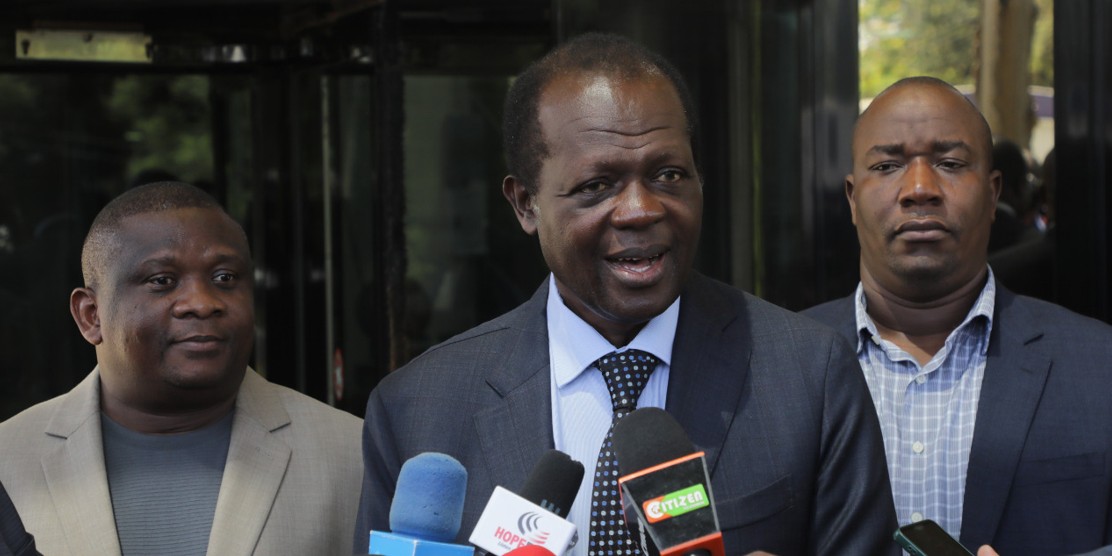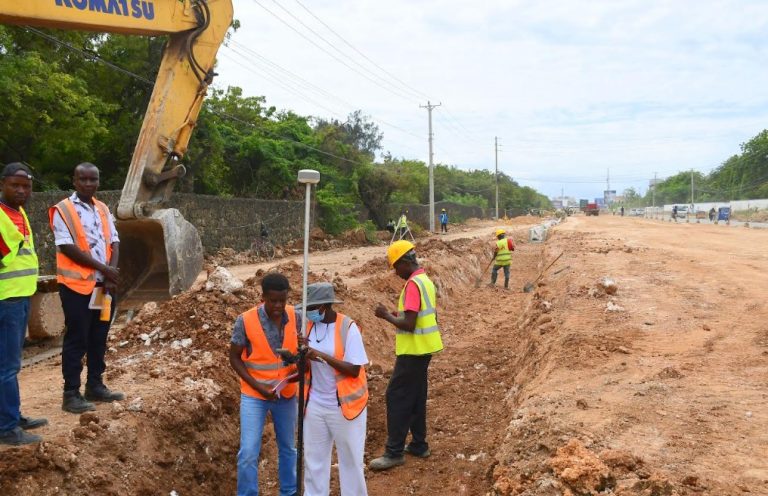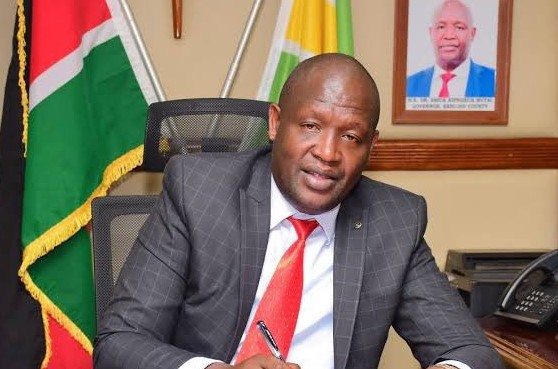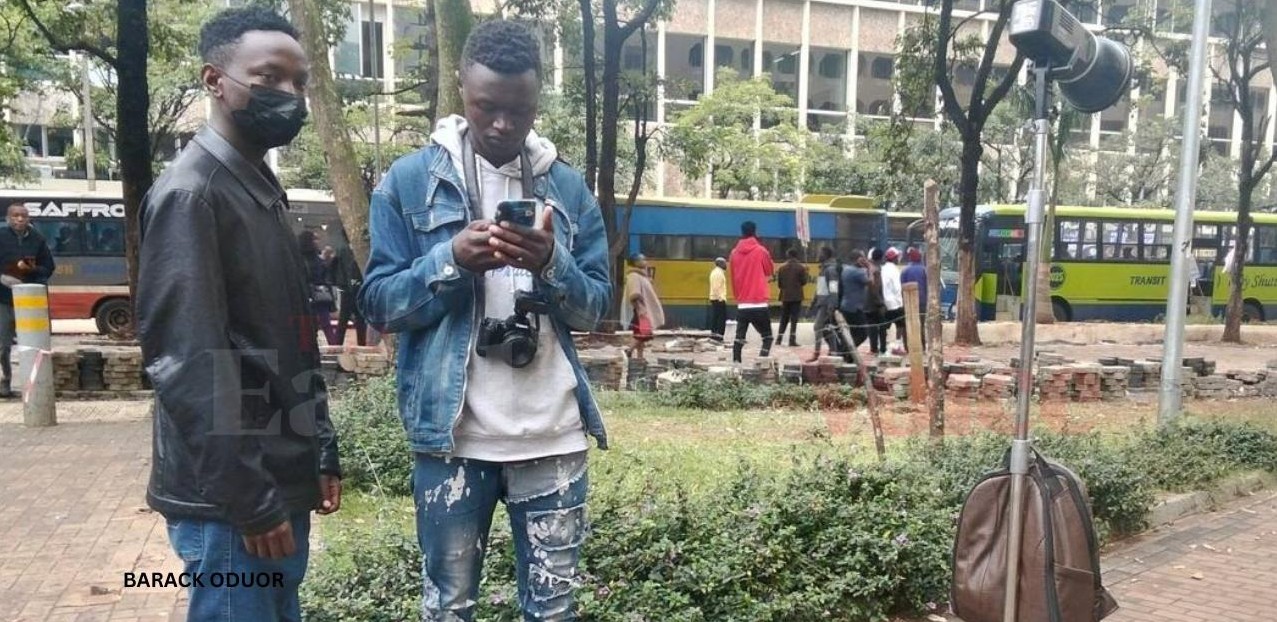High Court lifts rice import ban, cuts volume by half

The orders come days after Agriculture Cabinet Secretary Mutahi Kagwe warned of the consequences if the government failed to secure rice imports.
The High Court has lifted the conservatory orders blocking rice imports but has cut the government’s planned import volume by half, setting it at 250,000 metric tonnes.
Kerugoya High Court Justice Edward Muriithi on Tuesday ruled that the reduced import plan balances the need to avoid a food shortage while protecting local farmers from being pushed out of business.
More To Read
- Kenya risks severe rice shortage, price hikes if duty-free imports are stopped, government warns
- High Court freezes Cabinet decision allowing importation of 500,000 tonnes of duty-free rice
- Agriculture and Food Authority defends Kenya’s duty-free rice imports amid outcry from local farmers
- Kenya approves duty-free import of 500,000 tonnes of rice
- Government to cut rice imports by half to shield local farmers
- MPs probe multi-billion-shilling rice import scandal, demand answers from Mvurya
Justice Muriithi acknowledged the government’s concerns over a potential rice shortage if imports were blocked. However, he also noted that allowing the full importation of 500,000 metric tonnes could threaten local farmers’ livelihoods.
The court directed that imports should now be limited to 250,000 metric tonnes and completed within a three-month window ending October 31, 2025, instead of the original six months ending December 31, 2025.
“As to the necessary quantities of local demand against production and being careful not to cause a food shortage, the court would at this stage of the hearing allow the implementation of the gazette notice, but not for the entire import window of six months ending December 31 and not for the entire volume of the rice to be imported. But with a limit of half the amount so that only a total of 250,000 metric tonnes of rice is imported, and for a shorter window of three months ending October 31, 2025,” Justice Muriithi said.
The judge further stated that the importation would be subject to continuous monitoring to establish deficits and determine the country’s rice needs.
The orders come days after Agriculture Cabinet Secretary Mutahi Kagwe warned of the consequences if the government failed to secure rice imports.
He projected that Kenya’s per capita rice consumption will reach 29 kilograms by 2025, with the population expected to hit 54.79 million. This translates to a national requirement of approximately 1.5 million metric tonnes of rice for the year, or about 125,000 metric tonnes per month.
In an affidavit to the court, Kagwe stressed that rice imports have been a longstanding government strategy to stabilise food supply. He noted that the country’s annual rice demand stands at about 1.3 million metric tonnes, while domestic production meets only 20 per cent, leaving a deficit of over 80 per cent, mostly covered by imports.
“The importation is necessary to stabilise prices and avert a potential food crisis,” Kagwe said.
He warned that blocking the consignment would trigger further price hikes and shortages, adding that retail prices of Grade 1 milled white rice have already risen to between Sh190 and Sh220 per kilogram, compared to an average of Sh150 per kilogram during last year’s duty-free import period.
Kagwe had also cautioned that halting imports could worsen the cost-of-living crisis, leaving households and public institutions struggling to secure rice supplies.
Top Stories Today
















































